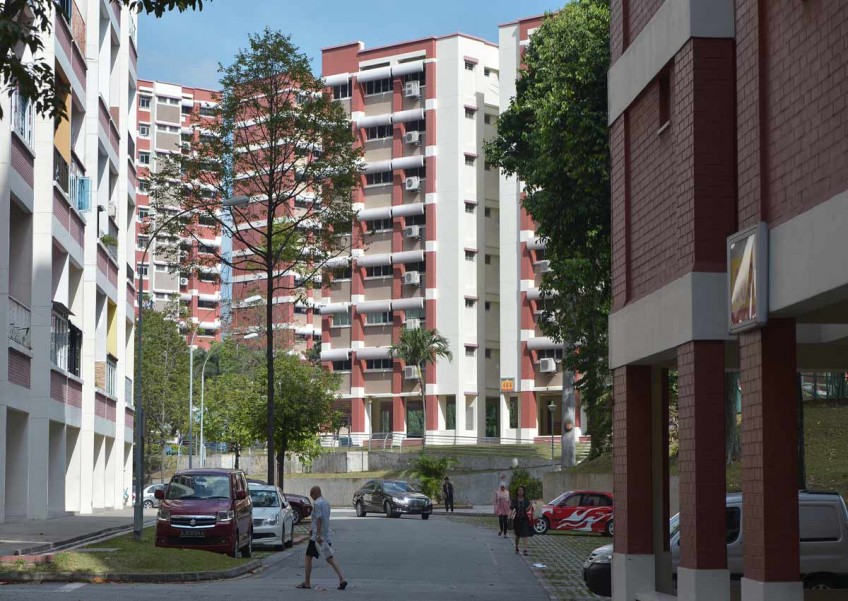Short-term home stays a 'breach of faith', but...

Short-term stays are a "breach of faith" for those who have bought homes for residential use, but Singapore will not close the door on it permanently, said National Development Minister Lawrence Wong.
Addressing the debate on home sharing in an interview last week, Mr Wong said there are strong reasons for not legalising short-term rentals here, but acknowledged that circumstances may change. "I think the sharing economy is here to stay... we certainly want to support more shared spaces."
He noted that it would be very different if, say, a building is built from scratch to be a shared space and everyone is clear about that.
"But if... I've purchased (a unit) on the basis of (it) being a home and then suddenly you're changing the rules on me and making it into a shared space, with strangers coming into my apartment building, using my... common facilities, I think that's not about sharing," he said.
"That's just a breach of faith for many people. And it's an intrusion into my private space which I think many people will find intolerable."
Rentals shorter than six months are not allowed in Singapore for both public and private housing.
But that has not stopped such listings from popping up on home- sharing websites such as Airbnb.
Early last year, the Urban Redevelopment Authority held a public consultation to gather feedback on short-term rentals in private homes.
But in May this year, it said views were split and it needed more time to study the issue.
Those in support of short-term rentals often cite benefits such as a boost for tourism and supplemental income for home owners.
On the other hand, some have concerns over disamenities arising from the presence of transient strangers.
Mr Wong said Singapore's high- density living renders it less suited to short-term rentals, unlike many European and American cities. "We live cheek by jowl with one another. And once you allow for that (to happen), I think it does change the character of our living environment and we have to be very mindful of that."
While he understands the strong feedback against home sharing, he stressed that Singapore is "not saying no forever".
Circumstances and mindsets may evolve, which is why businesses such as Airbnb are not banned from operating here, he explained.
When asked if regulating such rentals could address the issue, Mr Wong pointed out that it is equally important to get the necessary "buy-in" for home sharing.
It could work here if a piece of land or building is built specifically for short-term stays, or if there is strong support from stakeholders of existing establishments, he said.
"We are still in the process where we are prepared to look at the situation, to study what is happening elsewhere, to study also how Airbnb's practices continue to evolve."
Housewife Dolly Lai, 59, who lives in a condominium in Pasir Ris, said she is not against short-term rentals, but thinks safety checks should be put in place, especially if children live in the area.
"It would be good if they can screen prospective tenants to ensure there is no security issue and they won't cause any disturbance."
An Airbnb host who has been leasing out a room in his Woodlands Housing Board flat for the past two years said it helps him pay his mortgage.
The 55-year-old, who travels frequently for volunteer work, charges about $40 a night.
"I prefer short-term tenants because it's easier to do periodic repairs and cleaning (in the room)."

This article was first published on Oct 10, 2016.
Get a copy of The Straits Times or go to straitstimes.com for more stories.